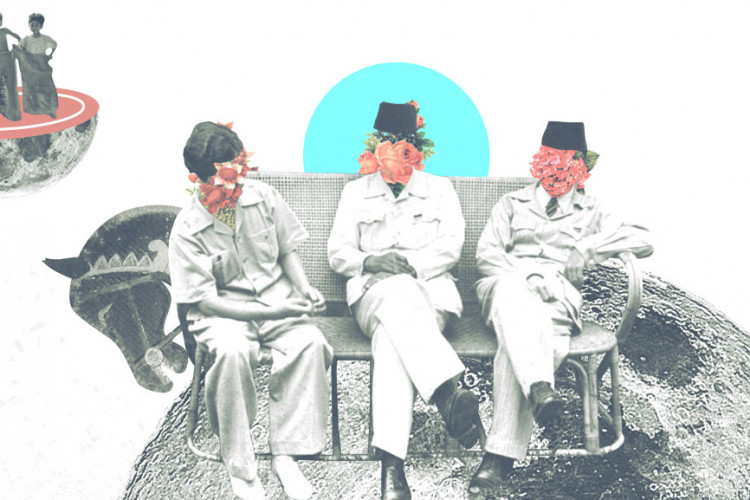
Being Independent Is a Defense Mechanism, but It Could Feel So Lonely
In this open column submission, Miriam reflects upon her decision to become an independent woman. It gave her the self-assurance to do most things by herself, but somehow took its toll on her.
Words by Whiteboard Journal
If I was told to name one strength that I have, I would go with how independent I can be. But if you ask me how exactly I learned to become ‘fiercely’ independent, I’d have difficulty to pinpoint it.
Perhaps I nurtured it whenever I was trying to be a model student during my school days. Back then, I realized that I was neither pretty, athletic, nor artistically talented. Hence, the only thing I knew I was good at was being textbook smart. I was diligent: I paid attention in class, and I wrote down the lessons neatly in my notebook.
I brought myself like that up until high school. Again, because I wasn’t the popular and beautiful type, I tried to be the smart and nice kid. I taught my classmates about subjects they didn’t understand. I scanned my notebooks and shared them during exam seasons. I would do everything I could to make myself likeable. I mean, high school was pretty much like a jungle. So being nice was my coping mechanism.
Throughout those years, I learned to depend on myself first. I studied on my own because we can’t waste money on tutors. I helped my classmates in any way I could because it feels good to be labeled as the nice girl who everybody can rely on. I learned to be selfless and keep giving as long as I still had something to offer.
Then, during university, I learned to decide on the paths that I will take based on my own judgements, not because other people are doing it. I stepped out of my comfort zone and widened my networks so that I wouldn’t be trapped in my own little bubble. As a result, I often became the youngest member or the only one from my major in faculty (or university) level activities and organizations. Perhaps it sounded good for me, but sometimes it can also feel alienating.
Those experiences entail many more struggles during which I was on my own, like coming home late at night during my university’s annual sports event (and this was when online ride-hailing wasn’t a thing). There wasn’t anyone who could give me a ride home, and my parents weren’t that protective to the point that they’d pick me up from the campus. So, I took a conventional motorcycle ride that was still available around campus—and learned the hard way how creepy the drivers can be.
Growing up, I learned that at the end of the day, we’re all on our own. No matter how many friends I have, how outgoing my personality can be, or how many peer groups I was included in, eventually we will go our own separate ways. I decided then that I don’t want to be overly dependent on anybody.
And so, during the most crucial times, I build up the courage and self-confidence to do most things alone. Perhaps from there on, I automatically had the mindset that being independent was the only right and sensible thing to do. And that asking for help is the last, desperate measure that you’d want to avoid.
It hit me then that, more often than not, we learn to be independent because we are constantly in survival mode. That it was something born out of trauma or inconvenient experiences instead of a healthy learning process.
Being independent is a coping mechanism that we developed because we could not find someone to reach out to when we needed it most. And what sucks about it is that we almost always know how to do everything alone, to the point that we feel uncomfortable to ask for help.
We’re so used to being independent, which makes other people think that we don’t need a support system.
We took care of everything and everyone, but have no idea as to who will take care of us.
We’re so busy becoming the mother figure, the one who’s responsible for everyone and anything. And if we broke down? We’re responsible for that too.
Don’t get me wrong, I’m proud of being independent. It’s just that sometimes life can get too much. And it was painful when you looked around and realized there wasn’t really a shoulder to lean on.
Sometimes, being independent is exhausting. It kind of took a toll on you, and you wonder how it feels like to be spoiled, to let your guard down and share some of the responsibilities.
Sometimes, being independent is like dedicating your whole self to someone or something, only to realize that you have nothing left for yourself, and receive nothing in return.
Sometimes, being independent feels like being in an unrequited love, or a one-way interaction where you give everything and it just amounts to zero. And it can feel so lonely.




